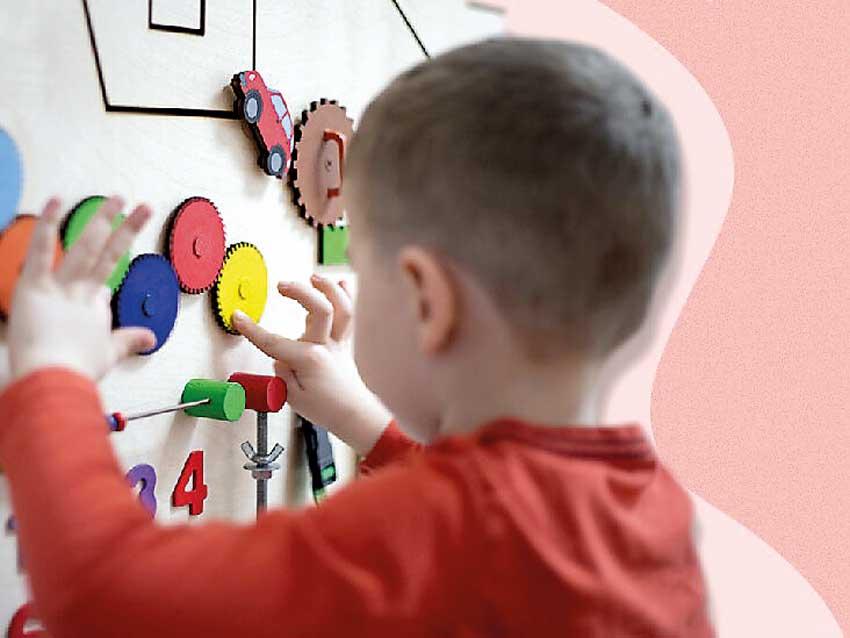24 Sep 2021 - {{hitsCtrl.values.hits}}

Training parents how to respond to babies showing early signs of autism could reduce by two-thirds the number of three-year-olds meeting the criteria for diagnosis, a small study suggests.
Improvement on this scale has never been shown before, the UK and Australian researchers say.
The first two years are critical for brain development - but most autism diagnoses are made at the age of three.
Longer-term research on more children is needed to see if the effects last.
This study, published in JAMA Pediatrics, followed 103 nine- to 14-month-olds, in Melbourne and Perth, with early signs of autism.
Over five months, the parents of about half of them were taught to:
And at the age of three, while they still had developmental difficulties, their social engagement had improved, they had fewer sensory issues and repetitive behaviours and only 7% met the criteria for a diagnosis of autism.
This compared with 20% of the other children given standard care.
As per the observations made by Prof. Jonathan Green, from the University of Manchester, who designed the video-based programme used in the trial, many therapies for autism have tried previously to replace developmental differences with more ‘typical’ behaviours. He affirms that this programme works with each child’s unique differences and creates a social environment around the child that helps them learn in a way that was best for them.
While the study was seen as promising many researchers also opined that creating an environment that works for autistic people is the best possible way to build skills and that people should not wait for a diagnosis for support to be provided.
However it was also noted that early intervention should be about supporting autistic people with the challenges they face.
Source : BBC
20 Dec 2024 9 hours ago
20 Dec 2024 20 Dec 2024
20 Dec 2024 20 Dec 2024
20 Dec 2024 20 Dec 2024
20 Dec 2024 20 Dec 2024